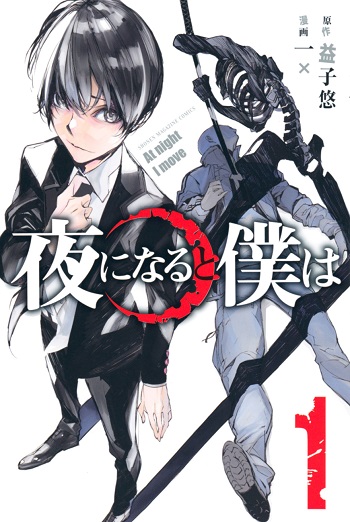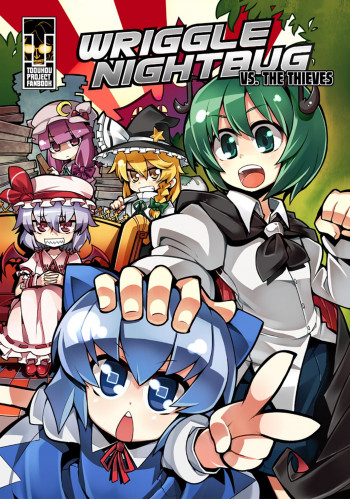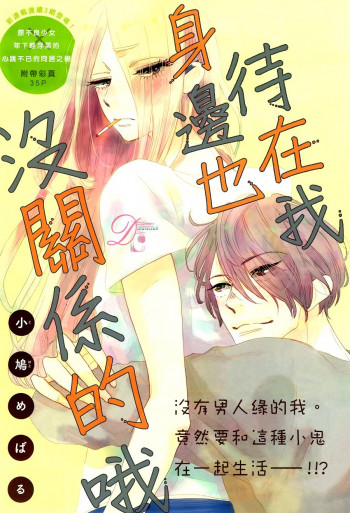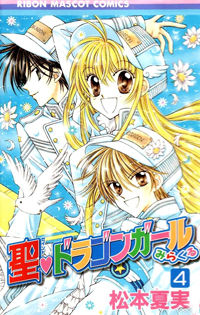Martial Peak Reviews
S.R. Clark's Side Out is a compelling addition to the Palm University Series, offering readers a tantalizing blend of forbidden romance, personal growth, and the complexities of desire. This novel, the second in the series, delves into the lives of two men whose paths cross in unexpected ways, leading to a story that is as much about self-discovery as it is about love.
The story revolves around Theodore Young and Jackson Baker, two characters whose lives are intricately intertwined from the moment they meet. Theodore, a new athletic trainer, finds himself irresistibly drawn to Jackson, a college athlete who has just moved into the neighborhood. The initial attraction is palpable, setting the stage for a romance that is both intense and fraught with challenges. The forbidden nature of their relationship—compounded by the professional boundaries that Theodore must navigate—adds a layer of tension that keeps readers engaged from start to finish.
One of the standout elements of Side Out is its exploration of the theme of forbidden love. Clark skillfully portrays the internal and external conflicts faced by Theodore and Jackson as they grapple with their feelings for each other. The societal and professional constraints that threaten their relationship are depicted with nuance, making their struggle relatable and poignant. This theme is not new to the romance genre, but Clark's execution is fresh and engaging, offering a unique perspective on the challenges faced by LGBTQ+ individuals in navigating love and desire within a heteronormative framework.
The character development in Side Out is another highlight. Theodore Young is portrayed as a complex character, torn between his professional responsibilities and his personal desires. His internal conflict is rendered with depth and sensitivity, allowing readers to empathize with his predicament. Jackson Baker, on the other hand, is depicted as a charismatic and determined individual, whose pursuit of Theodore is both relentless and endearing. The chemistry between the two characters is electric, and their interactions are charged with emotion and tension.
Clark's writing style is both evocative and accessible, drawing readers into the world of Palm University with ease. The dialogue is sharp and realistic, capturing the nuances of the characters' personalities and the dynamics of their relationship. The pacing of the novel is well-balanced, with moments of introspection interspersed with scenes of passion and drama. This balance ensures that the story remains engaging throughout, with each chapter building on the tension and anticipation of the one before.
In terms of its overall impact, Side Out is a novel that resonates on multiple levels. It is a story about love and desire, but it is also a narrative about personal growth and self-acceptance. Both Theodore and Jackson undergo significant transformations over the course of the novel, as they confront their fears and insecurities and learn to embrace their true selves. This journey of self-discovery is one of the most compelling aspects of the book, offering readers a message of hope and resilience.
Comparatively, Side Out shares thematic similarities with other works in the MM romance genre, such as Red, White & Royal Blue by Casey McQuiston and Call Me by Your Name by André Aciman. Like these novels, Clark's book explores the complexities of forbidden love and the challenges faced by LGBTQ+ individuals in pursuing their desires. However, Side Out distinguishes itself through its focus on the intersection of professional and personal boundaries, offering a unique take on the genre.
In conclusion, S.R. Clark's Side Out is a captivating and thought-provoking novel that will appeal to fans of romance and LGBTQ+ literature alike. Its exploration of forbidden love, coupled with its rich character development and engaging narrative, makes it a standout addition to the Palm University Series. Whether you are a longtime fan of Clark's work or a newcomer to the series, Side Out is a book that is sure to leave a lasting impression.
























Reviews 0
Post a Reviews: